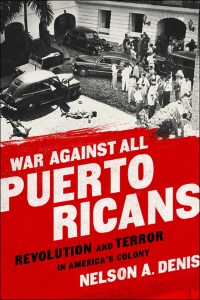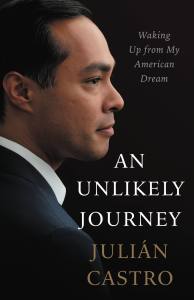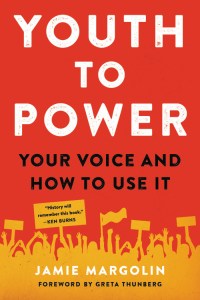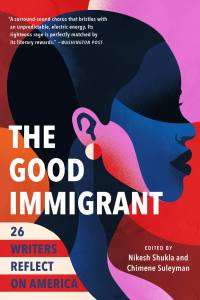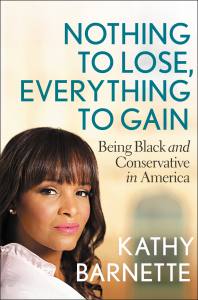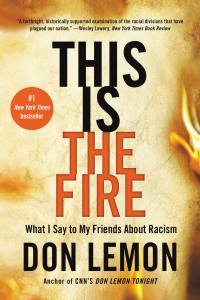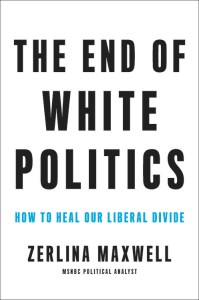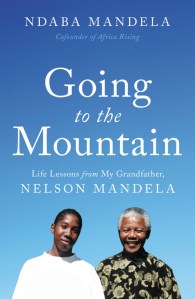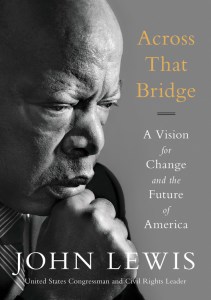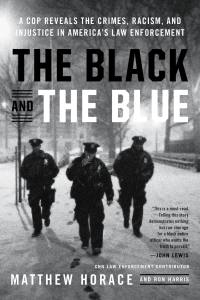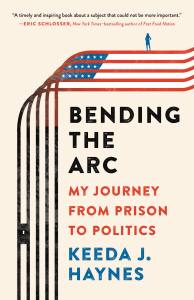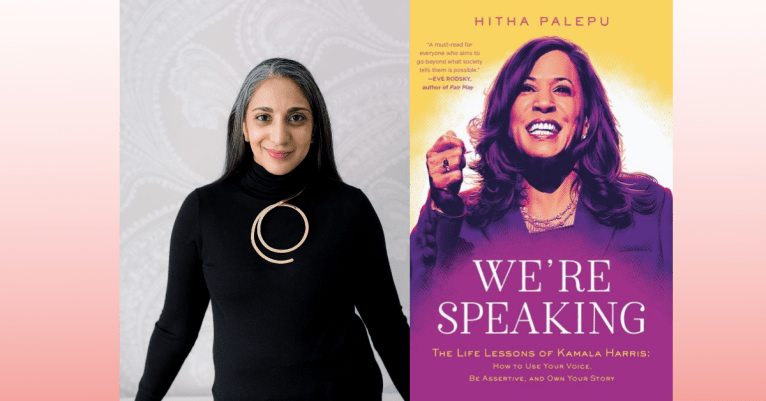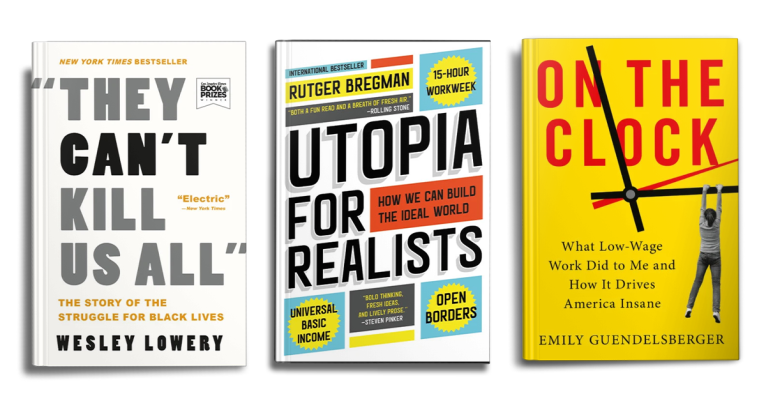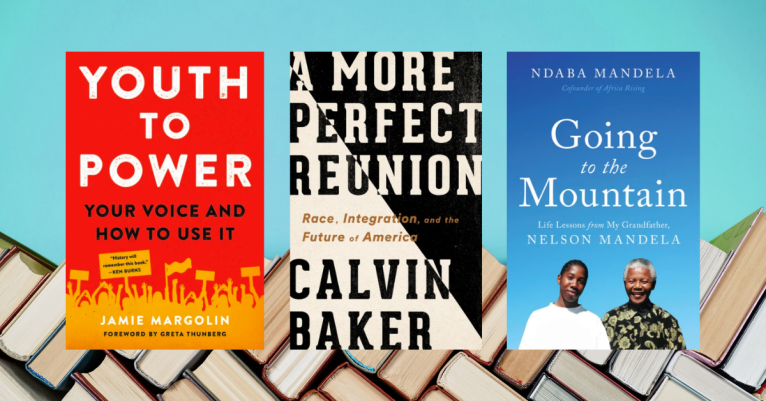16 Influential Political Science Books Everyone Should Read
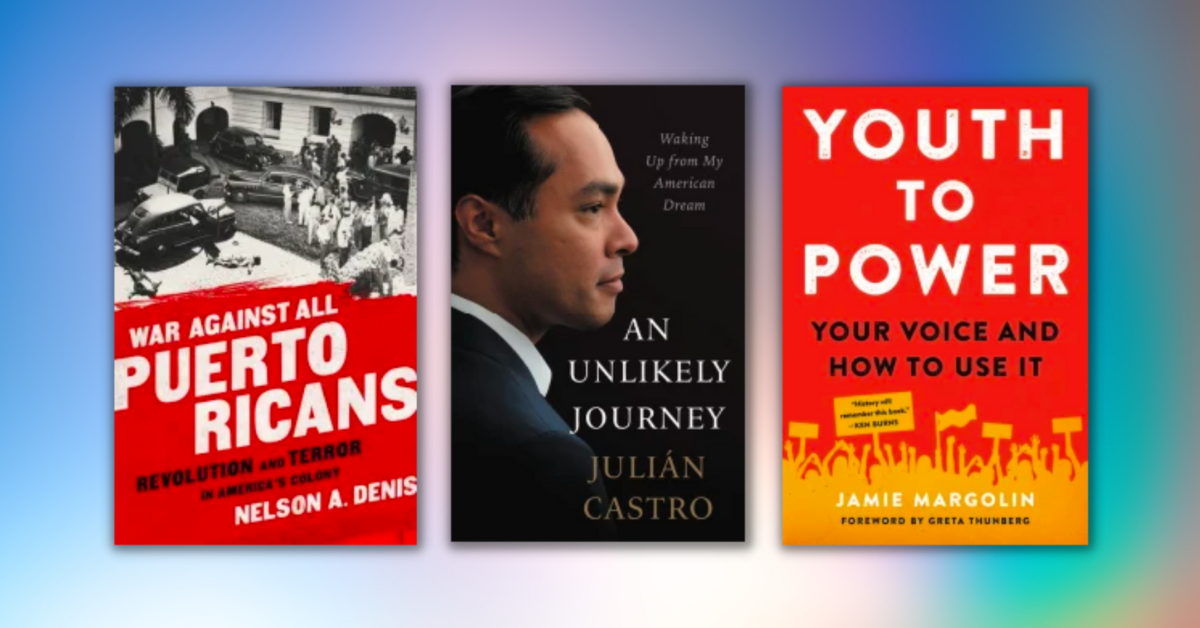
From experts in their fields, these political science books cover global issues that are important for anyone wanting to stay on top of current issues.
Nelson A. Denis tells this powerful story through the controversial life of Pedro Albizu Campos, who served as the president of the Nationalist Party. A lawyer, chemical engineer, and the first Puerto Rican to graduate from Harvard Law School, Albizu Campos was imprisoned for twenty-five years and died under mysterious circumstances. By tracing his life and death, Denis shows how the journey of Albizu Campos is part of a larger story of Puerto Rico and US colonialism.
Through oral histories, personal interviews, eyewitness accounts, congressional testimony, and recently declassified FBI files, War Against All Puerto Ricans tells the story of a forgotten revolution and its context in Puerto Rico's history, from the US invasion in 1898 to the modern-day struggle for self-determination. Denis provides an unflinching account of the gunfights, prison riots, political intrigue, FBI and CIA covert activity, and mass hysteria that accompanied this tumultuous period in Puerto Rican history.
In the spirit of a young Barack Obama's Dreams from My Father comes a candid and compelling memoir about race and poverty in America. In many ways, there was no reason Julian Castro would have been expected to be a success. Born to unmarried parents in a poverty-stricken neighborhood of a struggling city, his prospects of escaping his circumstance seemed bleak.
But he and his twin brother Joaquin had something going for them: their mother. A former political activist, she provided the launch pad for what would become an astonishing ascent. Julian and Joaquin would go on to attend Stanford and Harvard before entering politics at the ripe age of 26. Soon after, Joaquin become a state representative and Julian was elected mayor of San Antonio, a city he helped revitalize and transform into one of the country's leading economies.
His success in Texas propelled him onto the national stage, where he was the keynote speaker at the 2012 DNC -- the same spot President Obama held three conventions prior -- and then to Washington D.C. where he served as the Obama Administration's Secretary of Housing and Urban Development.
After being shortlisted as a potential running mate for Hillary Clinton, he became a 2020 Presidential candidate. Julian Castro's story not only affirms the American dream, but also resonates with millions, who in an age of political cynicism and hardening hearts are searching for a new hero. No matter one's politics, this book is the transcendent story of a resilient family and the unlikely journey of an emerging national icon.
"Jamie Margolin is among the powerful and inspiring youth activists leading a movement to demand urgent action on the climate crisis. With determined purpose and moral clarity, Jamie is pushing political leaders to develop ambitious plans to confront this existential threat to humanity. Youth To Power is an essential how-to for anyone of any age who feels called to act to protect our planet for future generations."
--- Former Vice President Al Gore
- Chigozie Obioma unpacks an Igbo proverb that helped him navigate his journey to America from Nigeria.
- Jenny Zhang analyzes cultural appropriation in 90s fashion, recalling her own pain and confusion as a teenager trying to fit in.
- Fatimah Asghar describes the flood of memory and emotion triggered by an encounter with an Uber driver from Kashmir.
- Alexander Chee writes of a visit to Korea that changed his relationship to his heritage.
Americans have prided ourselves on how far we've come from slavery, lynching, and legal segregation-measuring ourselves by incremental progress instead of by how far we have to go. But fifty years after the last meaningful effort toward civil rights, the US remains overwhelmingly segregated and unjust. Our current solutions -- diversity, representation, and desegregation -- are not enough.
As acclaimed writer Calvin Baker argues in this bracing, necessary book, we first need to envision a society no longer defined by the structures of race in order to create one. The only meaningful remedy is integration: the full self-determination and participation of all African-Americans, and all other oppressed groups, in every facet of national life. This is the deepest threat to the racial order and the real goal of civil rights.
At once a profound, masterful reading of US history from the colonial era forward and a trenchant critique of the obstacles in our current political and cultural moment, A More Perfect Reunion is also a call to action. As Baker reminds us, we live in a revolutionary democracy. We are one of the best-positioned generations in history to finish that revolution.
In this "vital book for these times" (Kirkus Reviews), Don Lemon brings his vast audience and experience as a reporter and a Black man to today's most urgent question: How can we end racism in America in our lifetimes?
The host of CNN Tonight with Don Lemon is more popular than ever. As America’s only Black prime-time anchor, Lemon and his daily monologues on racism and antiracism, on the failures of the Trump administration and of so many of our leaders, and on America’s systemic flaws speak for his millions of fans. Now, in an urgent, deeply personal, riveting plea, he shows us all how deep our problems lie, and what we can do to begin to fix them.Beginning with a letter to one of his Black nephews, he proceeds with reporting and reflections on his slave ancestors, his upbringing in the shadows of segregation, and his adult confrontations with politicians, activists, and scholars. In doing so, Lemon offers a searing and poetic ultimatum to America. He visits the slave port where a direct ancestor was shackled and shipped to America. He recalls a slave uprising in Louisiana, just a few miles from his birthplace. And he takes us to the heart of the 2020 protests in New York City. As he writes to his young nephew: We must resist racism every single day. We must resist it with love.
An MSNBC political analyst and former Hillary Clinton staffer examines the past and present problems of the Left—and makes a compelling case for how to take back our government and secure a better future for America.
In the entire history of the United States of America, we've never elected a woman as our president. And we've only had one president who was not a white man.After working on two presidential campaigns (for Barack Obama and Hillary Clinton), MSNBC political analyst and SiriusXM host Zerlina Maxwell gained first-hand knowledge of everything liberals have been doing right over the past few elections-and everything they are still doing wrong. Ultimately, these errors worked in President Donald Trump's favor in 2016; he effectively ran a campaign on white identity politics, successfully tapping into white male angst and resistance. In 2020, after the Democratic Party's most historically diverse pool of presidential candidates finally dwindled down to Joe Biden, once again an older white man, Maxwell has posed the ultimate question: what now, liberals?
Fueled by Maxwell's trademark wit and candor, The End of White Politics dismantles the past and present problems of the Left, challenging everyone from scrappy, young "Bernie Bros" to seasoned power players in the "Billionaire Boys' Club." No topic is taboo; whether tackling the white privilege that enabled Mayor Pete Buttigieg's presidential run, the controversial #HashtagActivism of the Millennial generation, the massive individual donations that sway politicians toward maintaining the status quo of income inequality, or the lingering racism that debilitated some Democratic presidential contenders and cut their promising campaigns short, Maxwell pulls no punches in her fierce critique. However, underlying all of these individual issues, Maxwell argues that it's the "liberal-minded" party's struggle to engage women and communities of color-and its preoccupation with catering to the white, male working class—that threatens to be its most lethal shortfall.
The times—and the demographics—are changing, and in order for progressive politics to prevail, we must acknowledge our shortcomings, take ownership of our flaws, and do everything in our power to level the playing field for all Americans. The End of White Politics shows exactly how and why progressives can lean into identity politics, empowering marginalized groups, and uniting under a common vision that will benefit us all.
***TIME, 100 Must-Read Books of 2020!***
"Witty and piercing."
—TIME
To the rest of the world, Nelson Mandela was a giant: an anti-apartheid revolutionary, a world-renowned humanitarian, and South Africa's first black president. To Ndaba Mandela, he was simply "Granddad." In Going to the Mountain, Ndaba tells how he came to live with Mandela shortly after he turned eleven--having met each other only once, years before, when Mandela was imprisoned at Victor Verster Prison -- and how the two of them slowly, cautiously built a relationship that would affect both their lives in extraordinary ways.
It wasn't an easy transition. Mandela had high expectations for those around him, especially his family, and Ndaba chafed at the strict rules and exacting guidelines in his grandfather's home. But at the same time -- through overheard calls from foreign dignitaries as well as the Xhosa folk wisdom that his grandfather shared with him at every opportunity -- Ndaba was learning how to be a man. On a scale both personal and epic, Ndaba's extraordinary journey mirrors that of South Africa's coming of age -- from the segregated Soweto ghettos into which he was born to the privileged life in which he grew up and the turbulent yet exciting times in which he carries on his grandfather's legacy.
Going to the Mountain is, in the end, a story about unlocking the power within each of us. It's a cautionary tale about how a child's life can go one way or the other, depending upon the intervention of a caring soul--and about the awesome power of love to serve as a catalyst for change.
In turbulent times Americans look to the Civil Rights Movement as the apotheosis of political expression. As we confront a startling rise in racism and hate speech and remain a culture scarred by social inequality, there's no better time to revisit the lessons of the '60s and no better leader to learn from than the late Representative John Lewis.
In the final book published before his passing, Across That Bridge, Congressman John Lewis draws from his experience as a prominent leader of the Civil Rights Movement to offer timeless wisdom, poignant recollections, and powerful principles for anyone interested in challenging injustices and inspiring real change toward a freer, more peaceful society.
The Civil Rights Movement gave rise to the protest culture we know today, and the experiences of leaders like Congressman Lewis, a close confidant to Martin Luther King, Jr., have never been more relevant. Despite more than forty arrests, physical attacks, and serious injuries, John Lewis remained a devoted advocate of the discipline and philosophy of nonviolence. Now, in an era in which the protest culture he helped forge has resurfaced as a force for change, Lewis' insights have never been more relevant. In this heartfelt book, Lewis explores the contributions that each generation must make to achieve change.
Now featuring an updated introduction from the author addressing the Trump administration, Across that Bridge offers a strong and moral voice to guide our nation through an era of great uncertainty.
Winner of the NAACP Image Award for Outstanding Literary Work/Biography.
Through gut-wrenching reportage, on-the-ground research, and personal accounts from interviews with police and government officials around the country, Horace presents an insider's examination of archaic police tactics. He dissects some of the nation's most highly publicized police shootings and communities to explain how these systems and tactics have hurt the people they serve, revealing the mistakes that have stoked racist policing, sky-high incarceration rates, and an epidemic of violence.
"Horace's authority as an experienced officer, as well as his obvious integrity and courage, provides the book with a gravitas." -- The Washington Post
"The Black and the Blue is an affirmation of the critical need for criminal justice reform, all the more urgent because it
Keeda Haynes was a Girl Scout and a churchgoer, but after college graduation, she was imprisoned for a crime she didn’t commit. Her boyfriend had asked her to sign for some packages—packages she did not know were filled with marijuana. As a young Black woman falsely accused, prosecuted, and ultimately imprisoned, Haynes suffered the abuses of our racist and sexist justice system. But rather than give in to despair, she decided to fight for change. After her release, she attended law school at night, became a public defender, and ultimately staged a highly publicized campaign for Congress. At every turn of her unlikely story, she gives unique insights into the inequities built into our institutions. In the end, despite the injustice she endured, she emerges convinced that ours can become a true second-chance culture.
By clicking ‘Sign Up,’ I acknowledge that I have read and agree to Hachette Book Group’s Privacy Policy and Terms of Use
